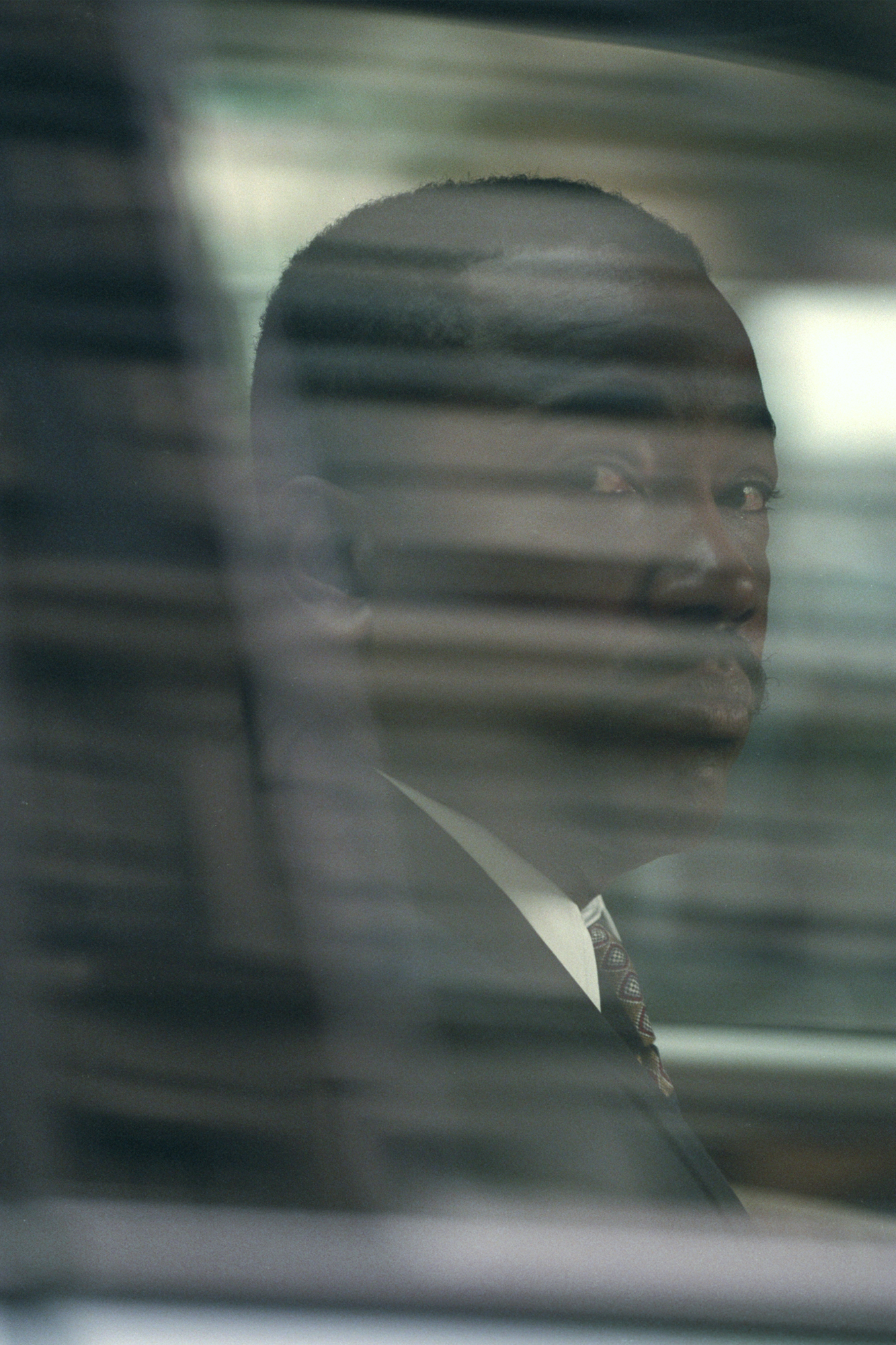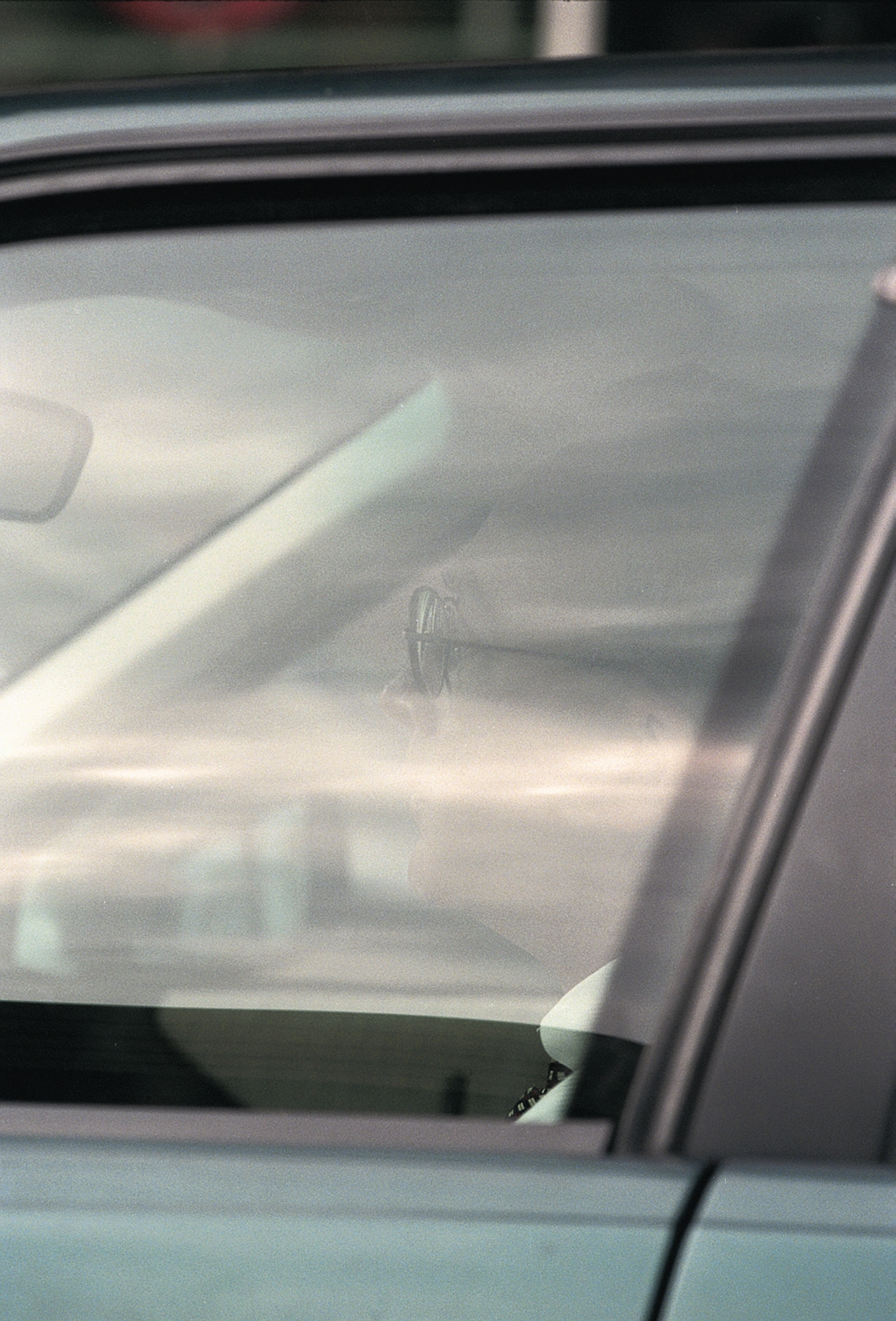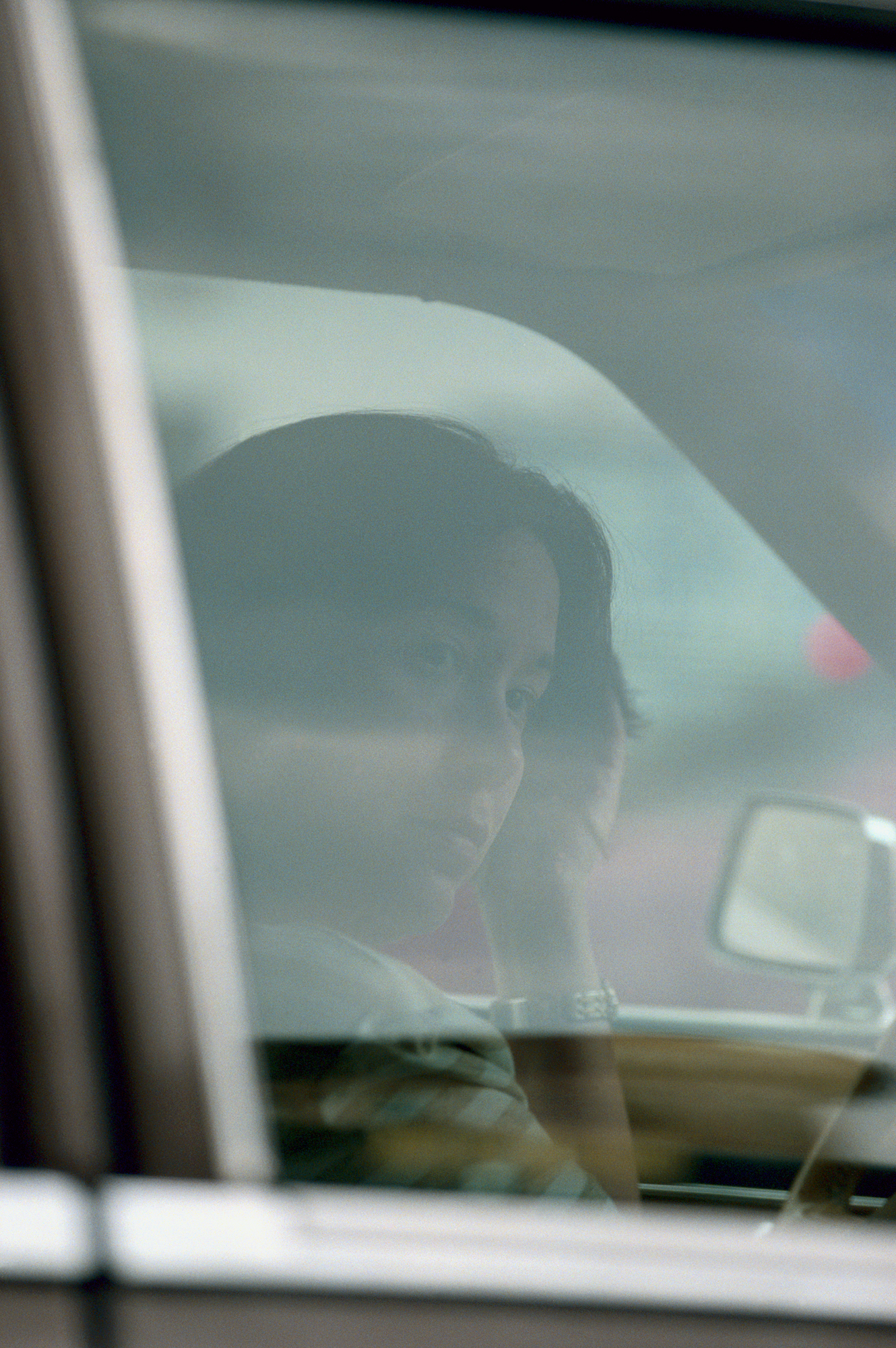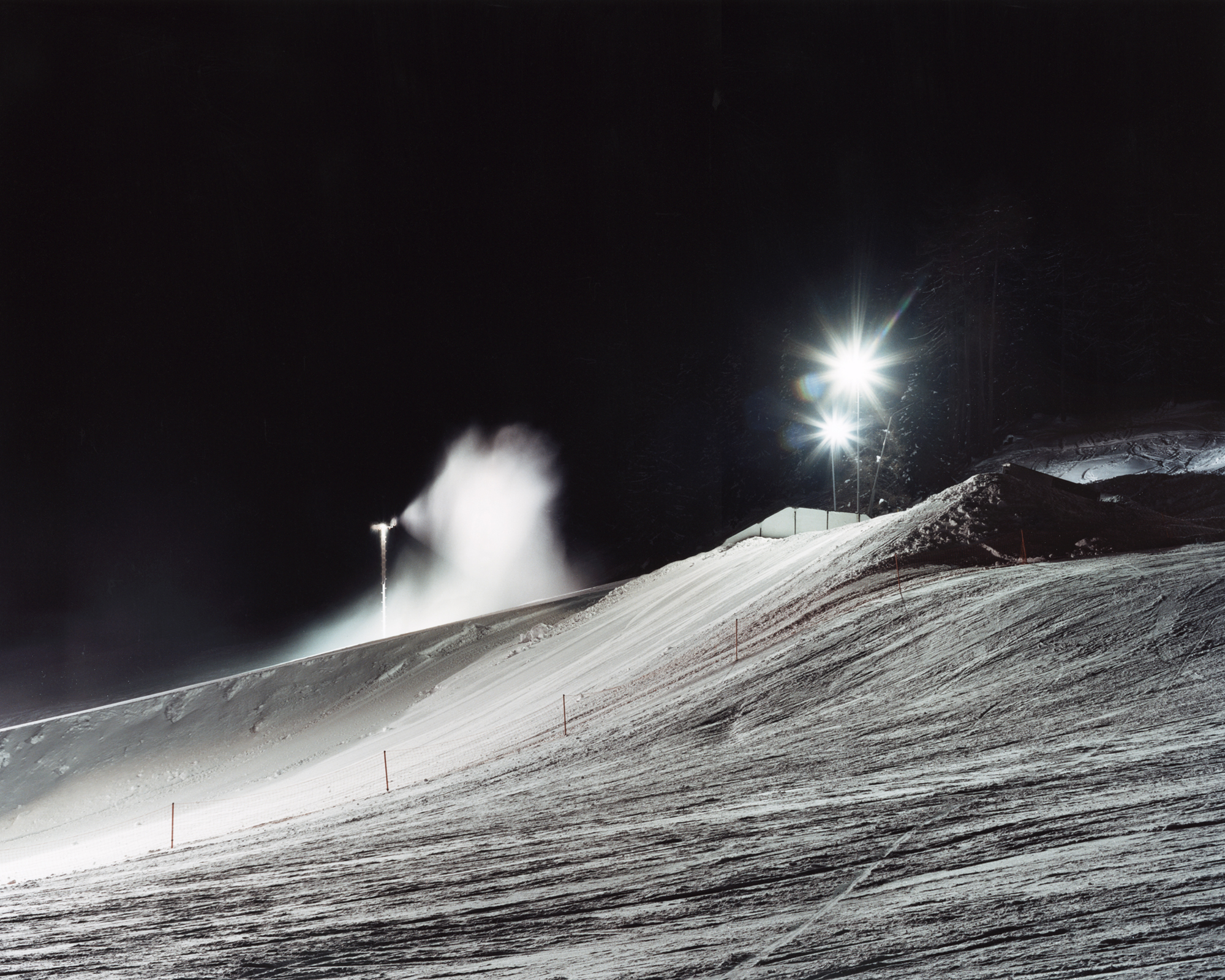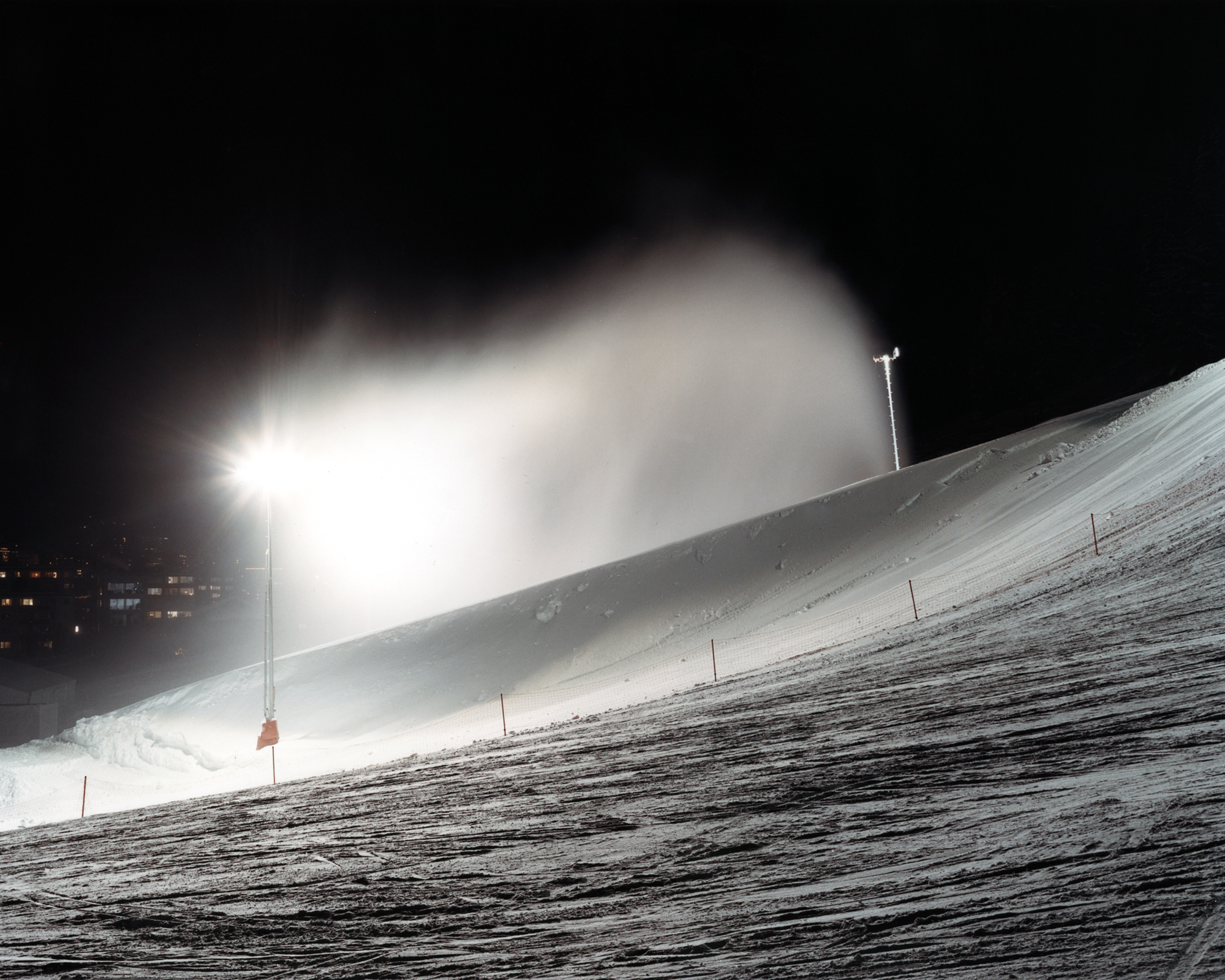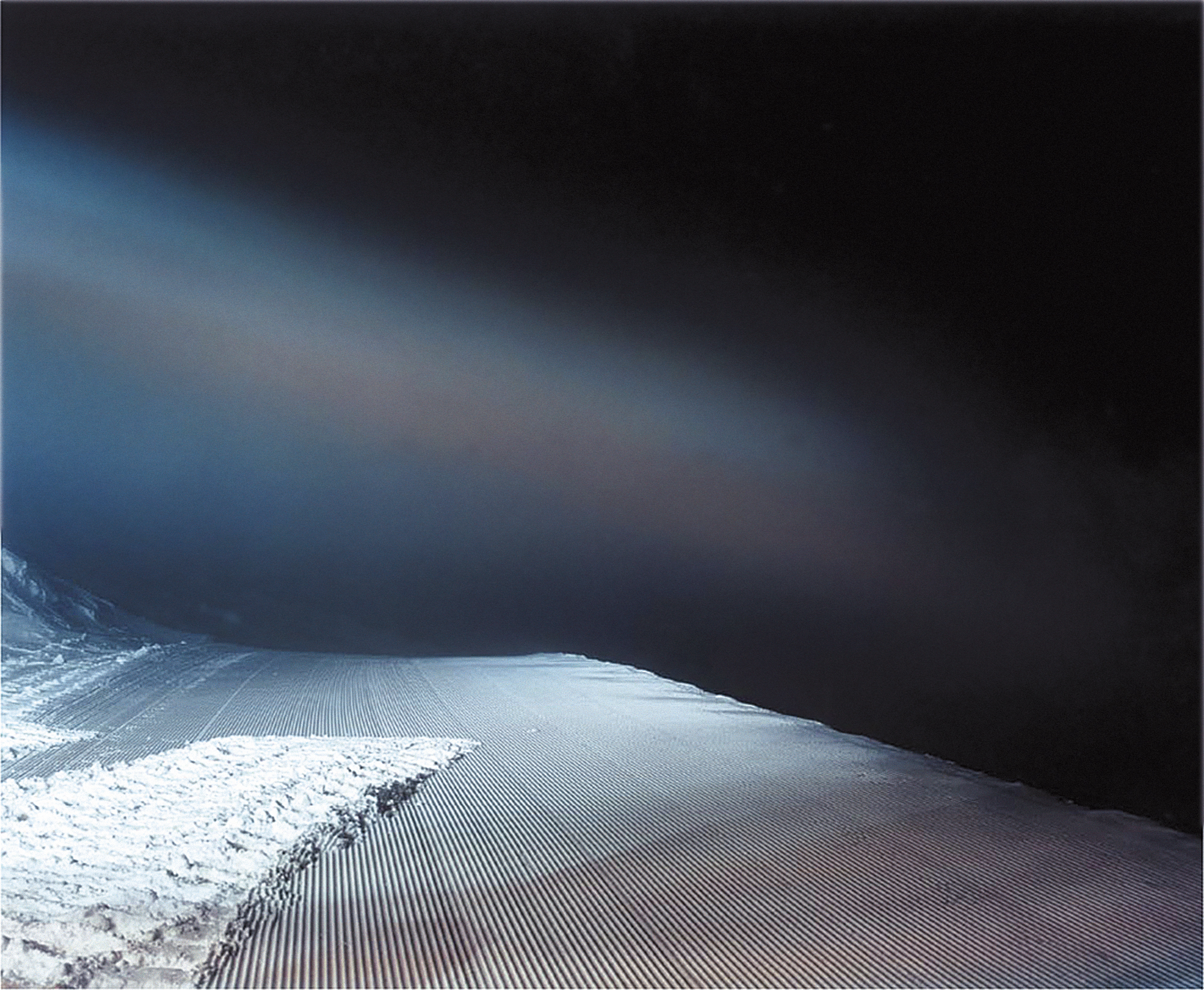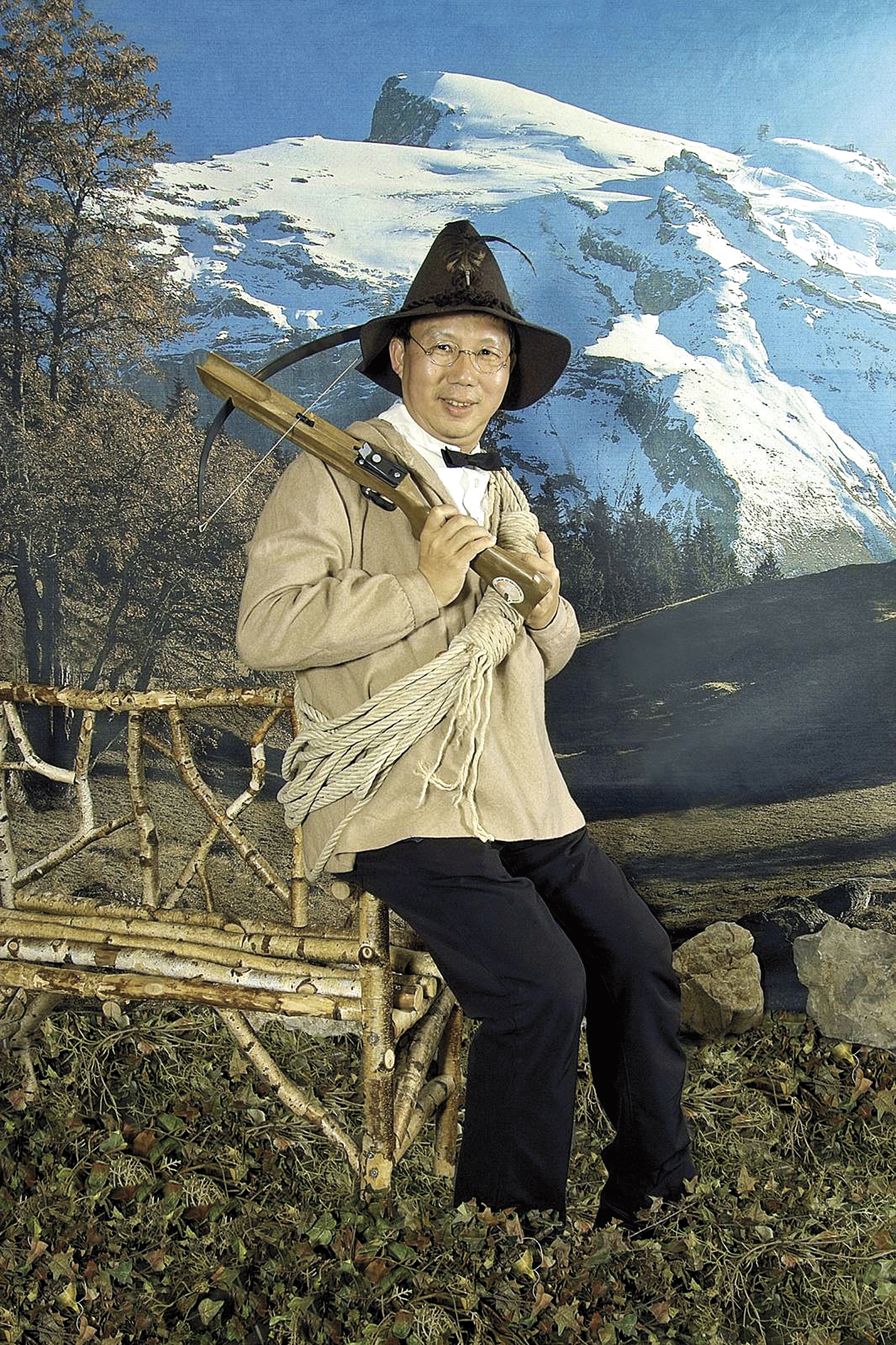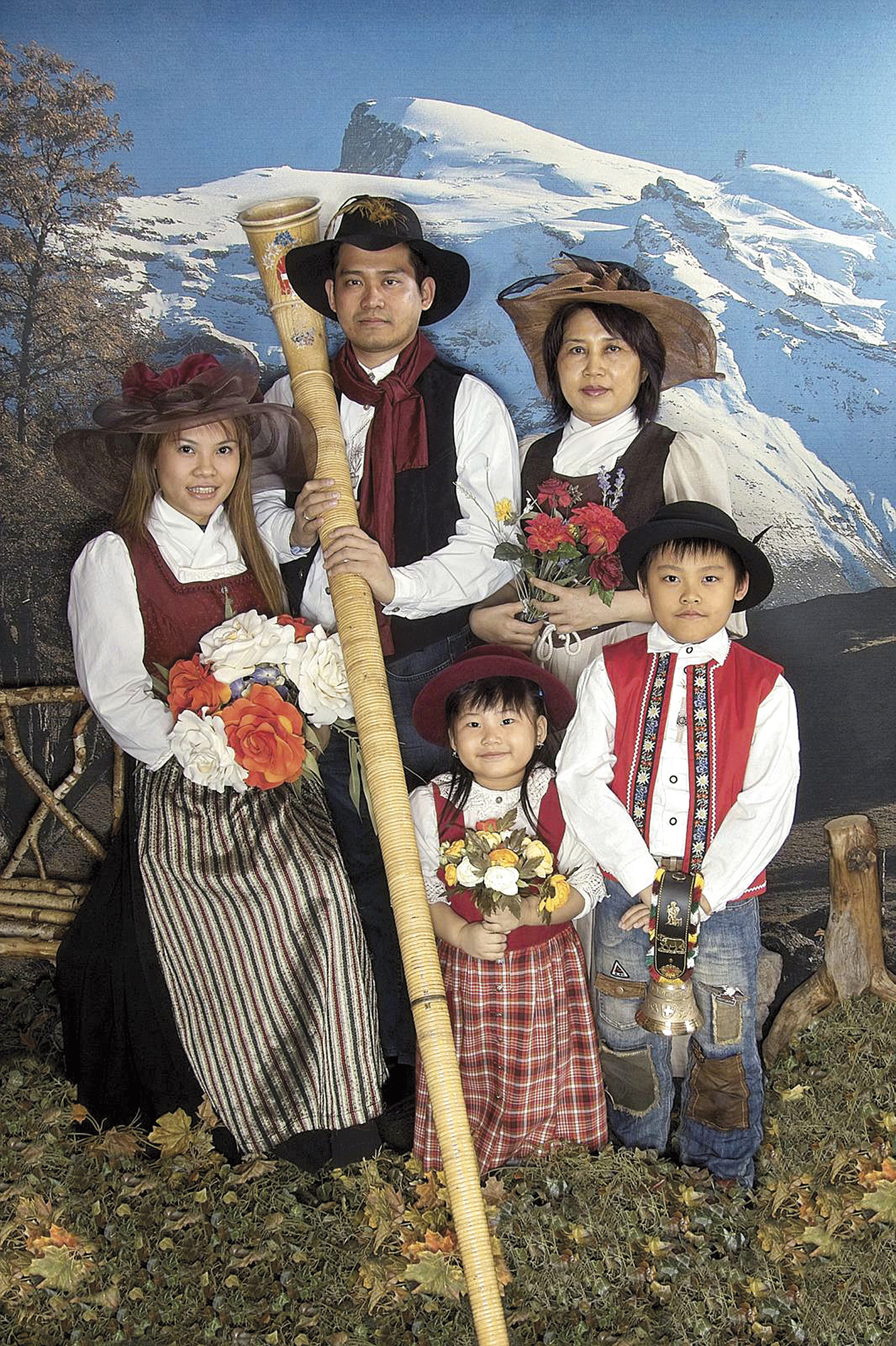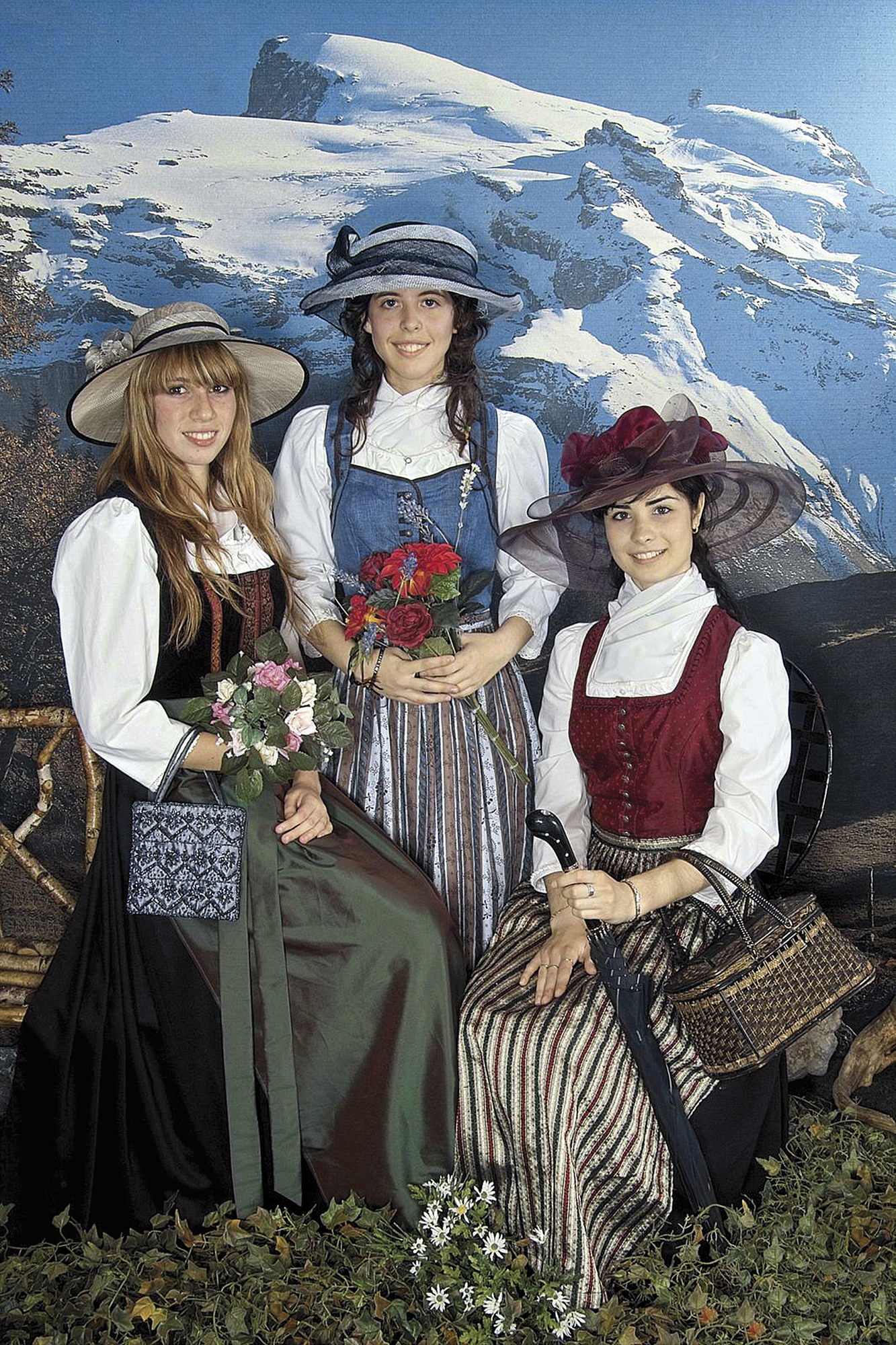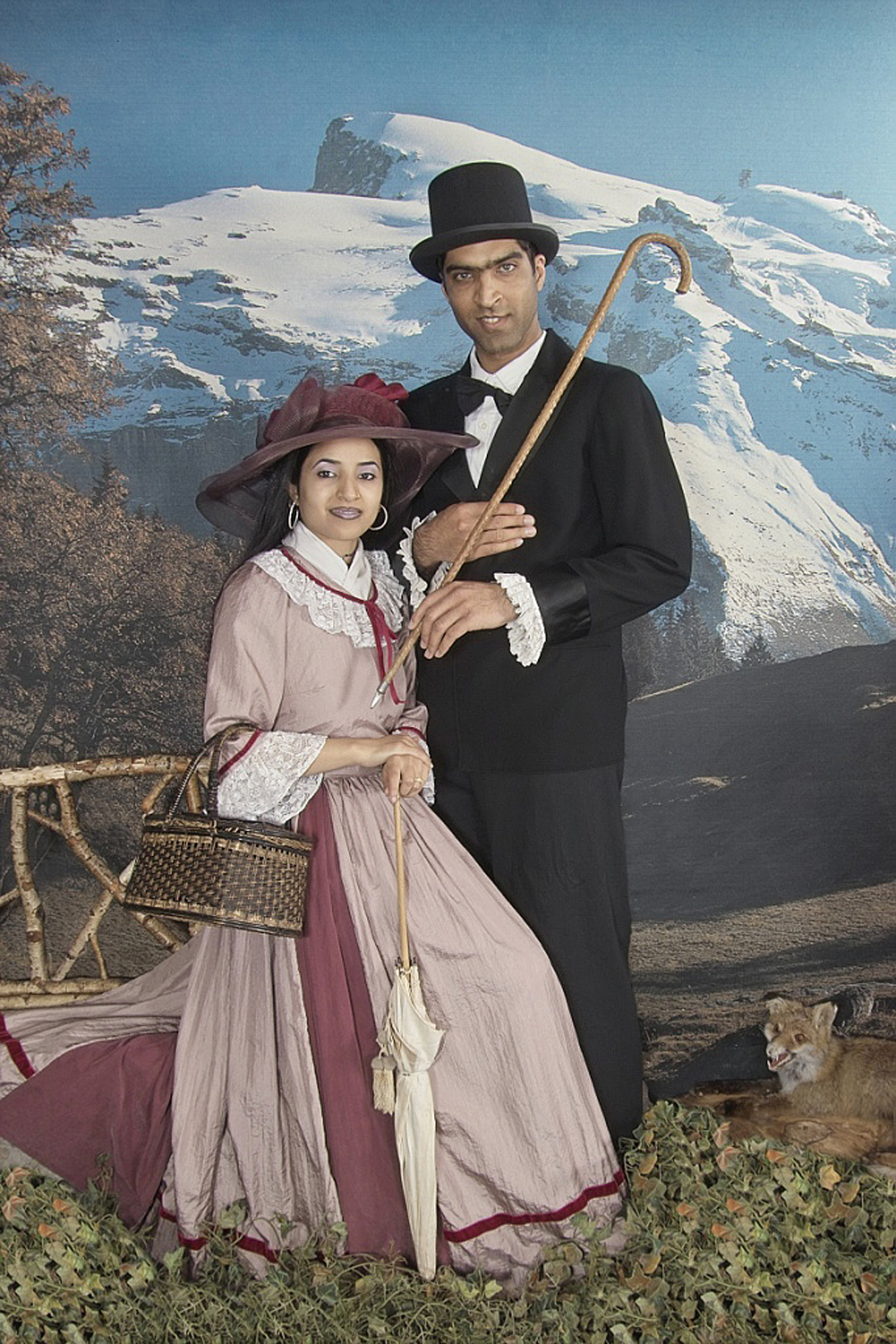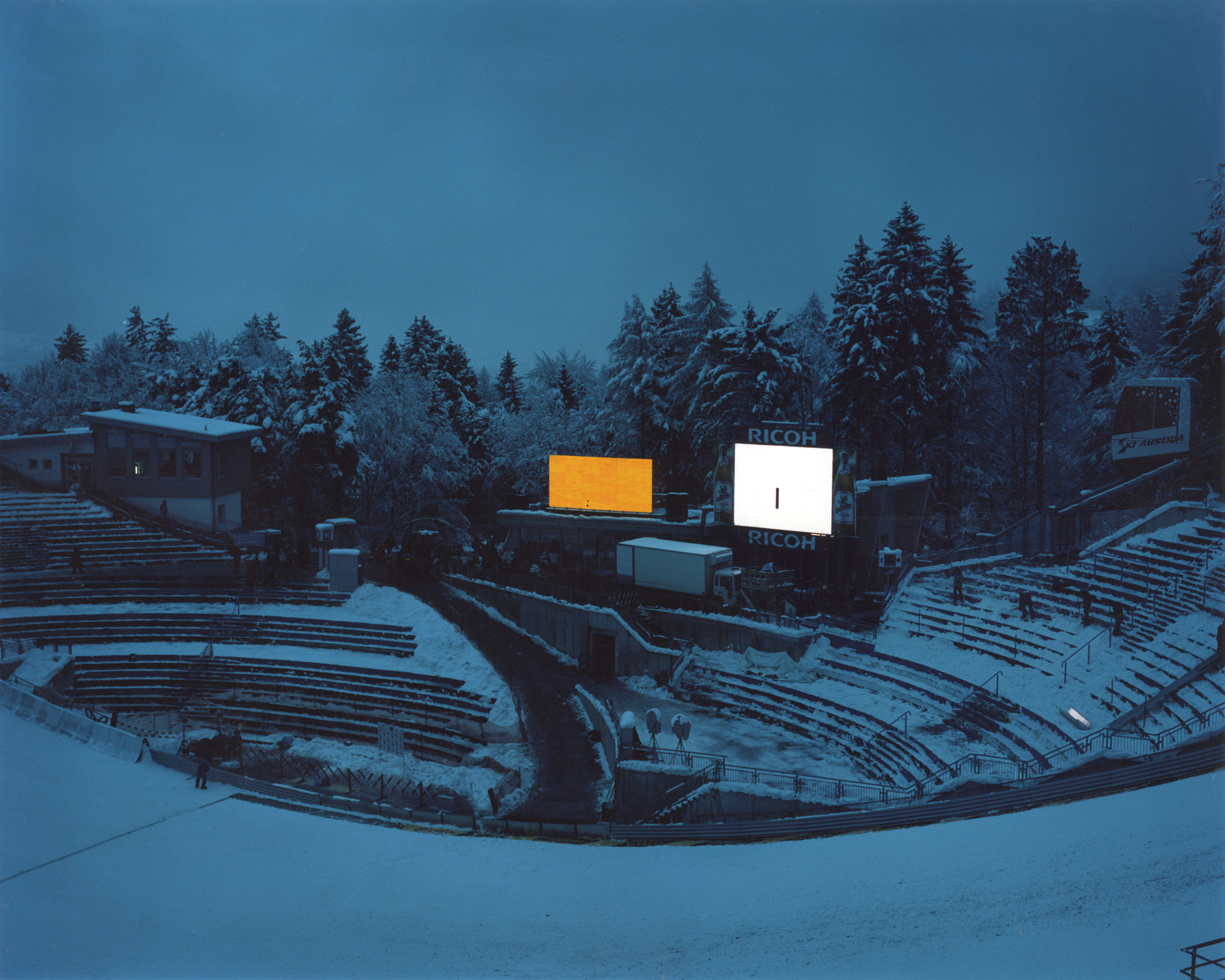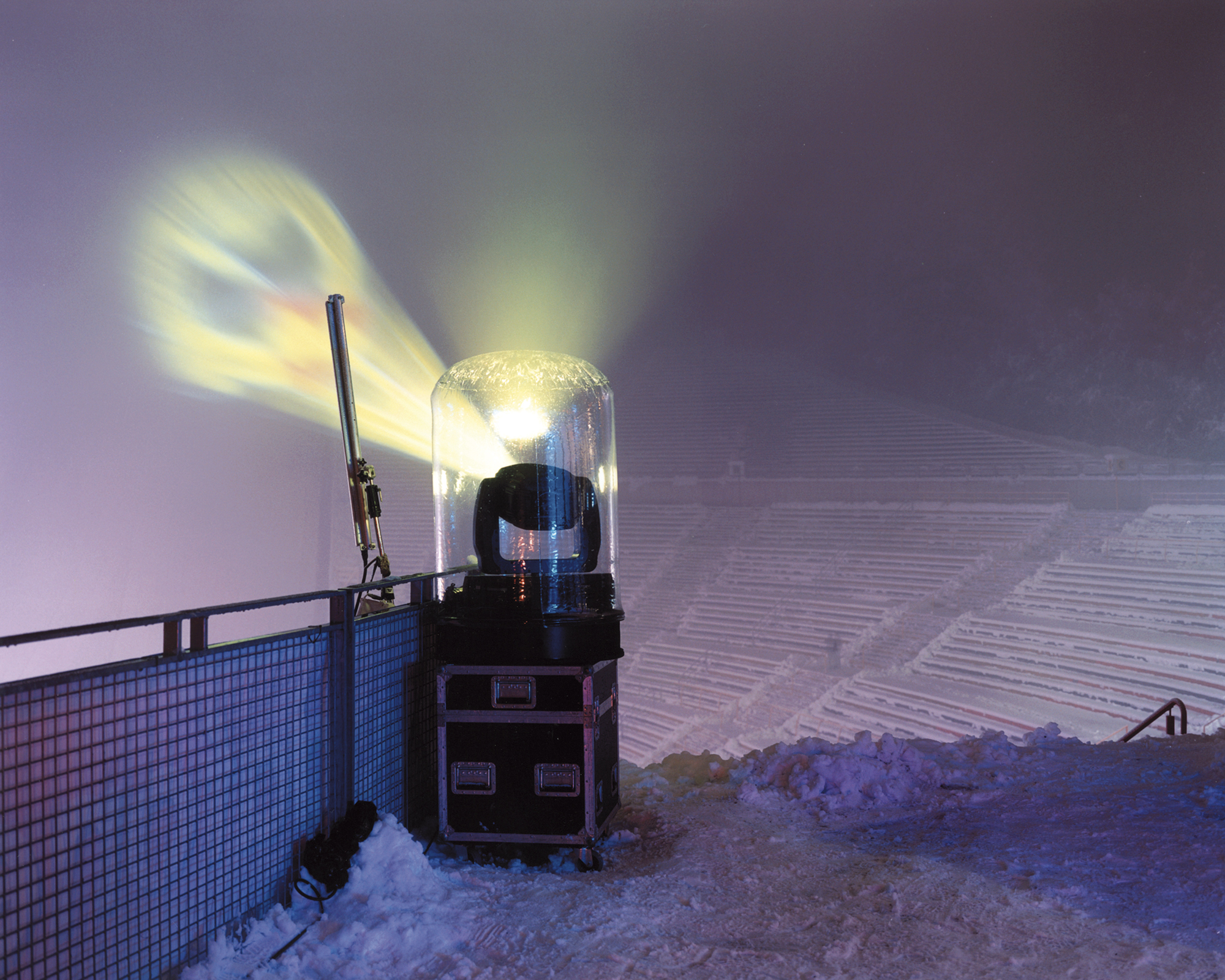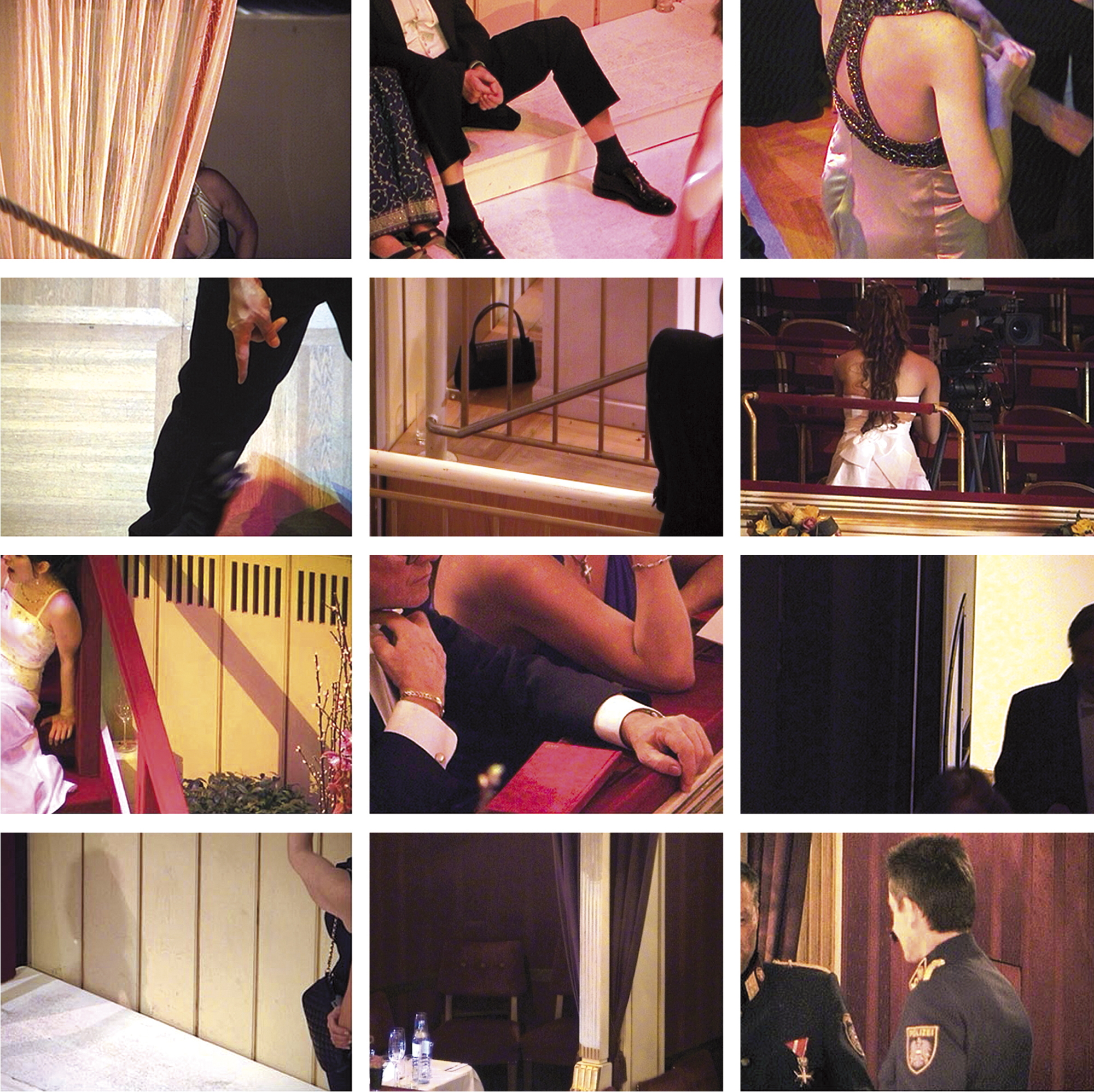Jules Spinatsch interrupted his studies in sociology at the University of Zurich in 1993 to devote himself to photography. After taking a degree at New York’s International Center of Photography, he created several cycles of photographs, in each case carried out over several years, and gradually developed a personal strategy, i.e., photographing precisely those things that are barely observed and doing so with obvious detachment by embracing many viewpoints, genres and techniques.
Whether revealing the hidden side of the tourism industry, the security measures put in place for global summit meetings, or the world behind the scenes of the ball that brings together Vienna’s grand bourgeoisie, Spinatsch’s images highlight the occupation of the visual territory by power structures – political, economic, or social. Where the media focus on the actors, Spinatsch analyses the general conditions instead, voluntarily observing the situation clandestinely from outside. The result is series of unexpected, unspectacular and at times almost harmless pictures that stray from our stereotypical visual habits.
Interested by the operational modes of contemporary photography and digital media, he recently dedicated the creative gesture to the randomness of the automated workings of a preprogrammed tool, i.e., the security camera. Recorded at regular intervals and instantaneously transmitted to the artist via an electronic connection, these visual “data”, put end to end, compose his vast Surveillance Panoramas, which bring to light a concrete reality that is straight-forward and devoid of control or censorship, and in which the true ways of how our society functions are exposed.
Far from a documentary description of a subject – the artist himself is absent from the scene where the pictures are being shot – Spinatsch’s work, between cliché and subjective experience, aims to destabilise the naïve belief in a realist representation of existence. He invites us to remove ourselves from the ambient conformism that is characteristic of this era of media saturation, and develop a critical turn of mind, a committed outlook, and above all our own intuition about the world around us.
Whether revealing the hidden side of the tourism industry, the security measures put in place for global summit meetings, or the world behind the scenes of the ball that brings together Vienna’s grand bourgeoisie, Spinatsch’s images highlight the occupation of the visual territory by power structures – political, economic, or social. Where the media focus on the actors, Spinatsch analyses the general conditions instead, voluntarily observing the situation clandestinely from outside. The result is series of unexpected, unspectacular and at times almost harmless pictures that stray from our stereotypical visual habits.
Interested by the operational modes of contemporary photography and digital media, he recently dedicated the creative gesture to the randomness of the automated workings of a preprogrammed tool, i.e., the security camera. Recorded at regular intervals and instantaneously transmitted to the artist via an electronic connection, these visual “data”, put end to end, compose his vast Surveillance Panoramas, which bring to light a concrete reality that is straight-forward and devoid of control or censorship, and in which the true ways of how our society functions are exposed.
Far from a documentary description of a subject – the artist himself is absent from the scene where the pictures are being shot – Spinatsch’s work, between cliché and subjective experience, aims to destabilise the naïve belief in a realist representation of existence. He invites us to remove ourselves from the ambient conformism that is characteristic of this era of media saturation, and develop a critical turn of mind, a committed outlook, and above all our own intuition about the world around us.
